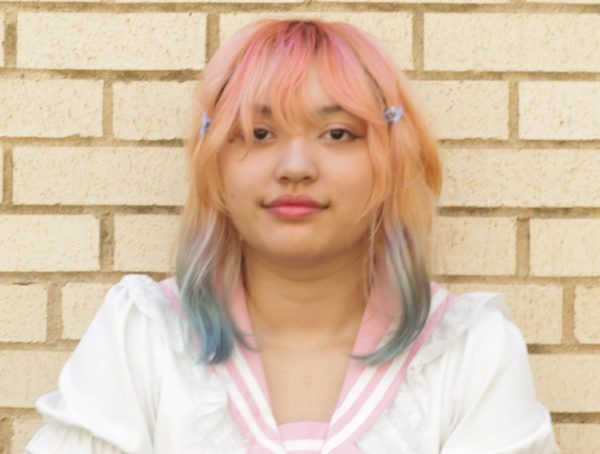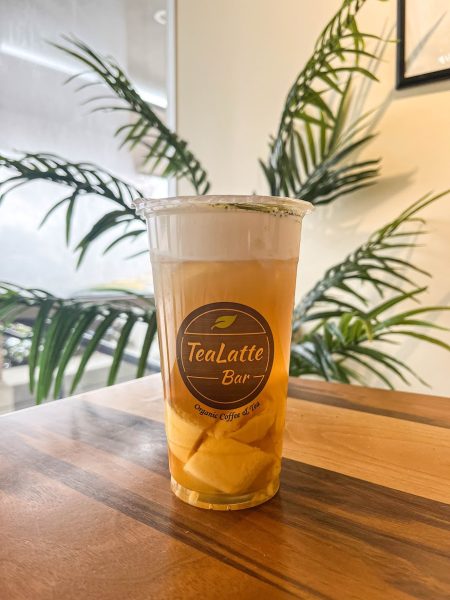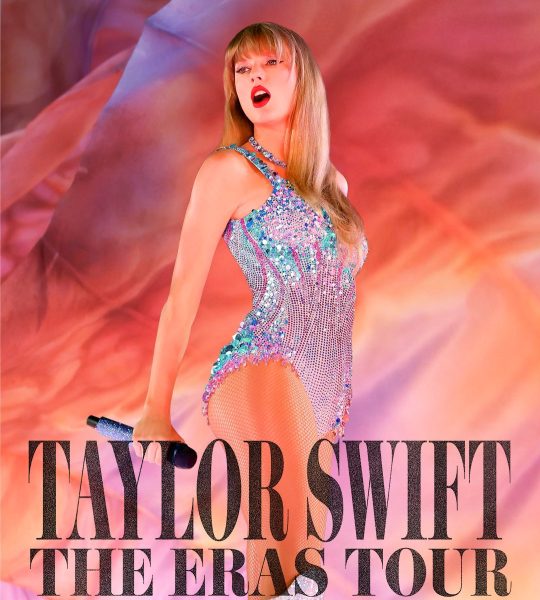A branded land
Once I acknowledged their presence, I could feel them feeding on my desires for acceptance like a group of ravenous parasites. There was no escape. They were on billboards. They were on television. They even had taken over social media. I saw their control over not only me but everyone around me, an epiphany that created nightmares.
While skimming the famous movie library known as Netflix, I came across a random thriller called Branded. This movie features a man who is wonderful at advertising but falls prey to the brands that control the movie’s dystopian society. Brand names in this film are personified as living monsters feeding from people’s subconscious cravings. Although this movie contained only semi-decent acting and a confusing plot, I saw the underlying meaning behind it. Modern day brand names control how we all think and we don’t even know it.
One thing that bolsters a brand name’s powerful force is commercials. Advertisements play on TV for 432 minutes a day per channel. So when you are watching that amazing episode of Vampire Diaries, you are also exposing yourself to 18 minutes of commercial time that persuades your subconscious. Products seen in famous movies can even influence people through the power of suggestion. If you see your favorite movie star eating a bag of Doritos, you might start to crave a bag of Doritos. Persuasive images are being displayed through television, billboards and even references from friends.
Ninety percent of everyday conversations mention something that you have bought, a type of food or restaurant you enjoy, or where you have gotten your new clothing. “Ew, you like Coke,” or “No way, I love Pepsi too,” are actual conversation starters that can dictate whether a relationship moves towards friendship or hatred. The creatures of couture and cosmetics define if someone is attractive or not. We don’t look at a person’s face and think: “Wow, she looks really nice today.” Their multicolored eye shadow or indigo eyeliner catches our attention and we say, “That looks really good on you.” Those comments reinforcing beauty only feed the monster of Maybelline or the leviathan of L’Oreal.
With this realization, I figured out that at one time brands and advertisements had fed on my desires to fit in. I used to be so self-absorbed about how I looked and what everyone thought of me. I spent all my money in middle school on clothing and jewelry that I didn’t even really enjoy. For example, I bought two $90 pairs of Converse that to this day I have only worn once or twice. I would also wear Claire’s earrings even though I shouldn’t have because my ears were too sensitive to the cheap metal.
I would wear girly clothes, like skirts, even though I hated them because they made me feel uncomfortable. However, I wanted to be in the cool crowd, and I thought every popular or “cute” item I bought would get me there. Sadly, this was not the case. Many still saw me as nerdy, and I was still picked on. Following what brands were hot was not helpful and made me miserable, even though I thought that it would make me happy.
I see brands asserting their power over most of our planet’s population. Why do we let these fiends we know as brands control the human populace? A Gucci bag or stylish jacket does not describe someone’s personality. Many people spend most of their money on things because they are popular, not because they want them.
Throughout my time in high school, I’ve learned that if I wear what I like, no matter what brand is on their label, and if I am just myself, I am happier. Brand names have ceased to control me, and I can focus on more important things in life. Honestly, what I wear and what I buy don’t matter when it comes to me as a person. Looks won’t last a lifetime, but who I am will.











